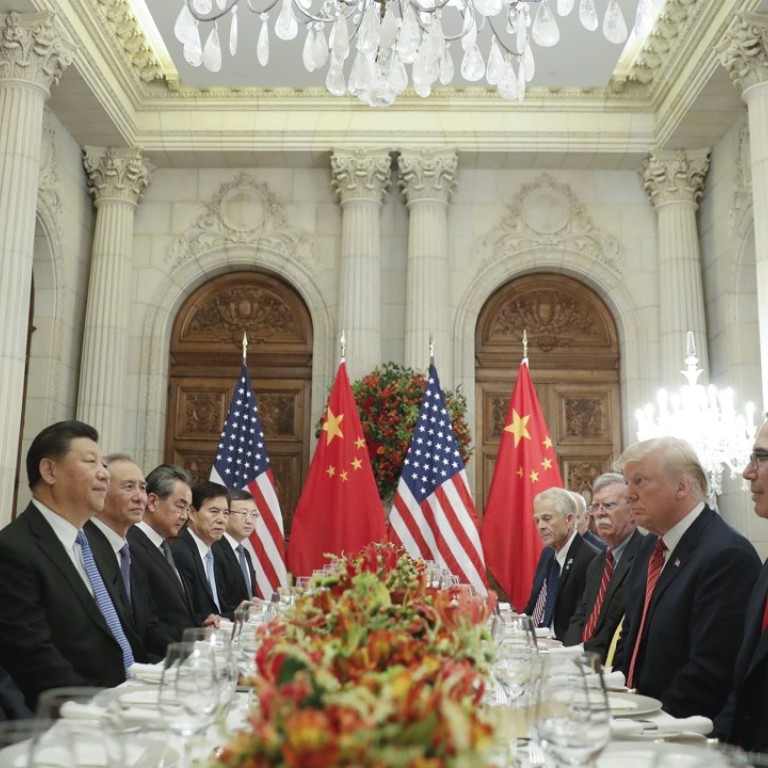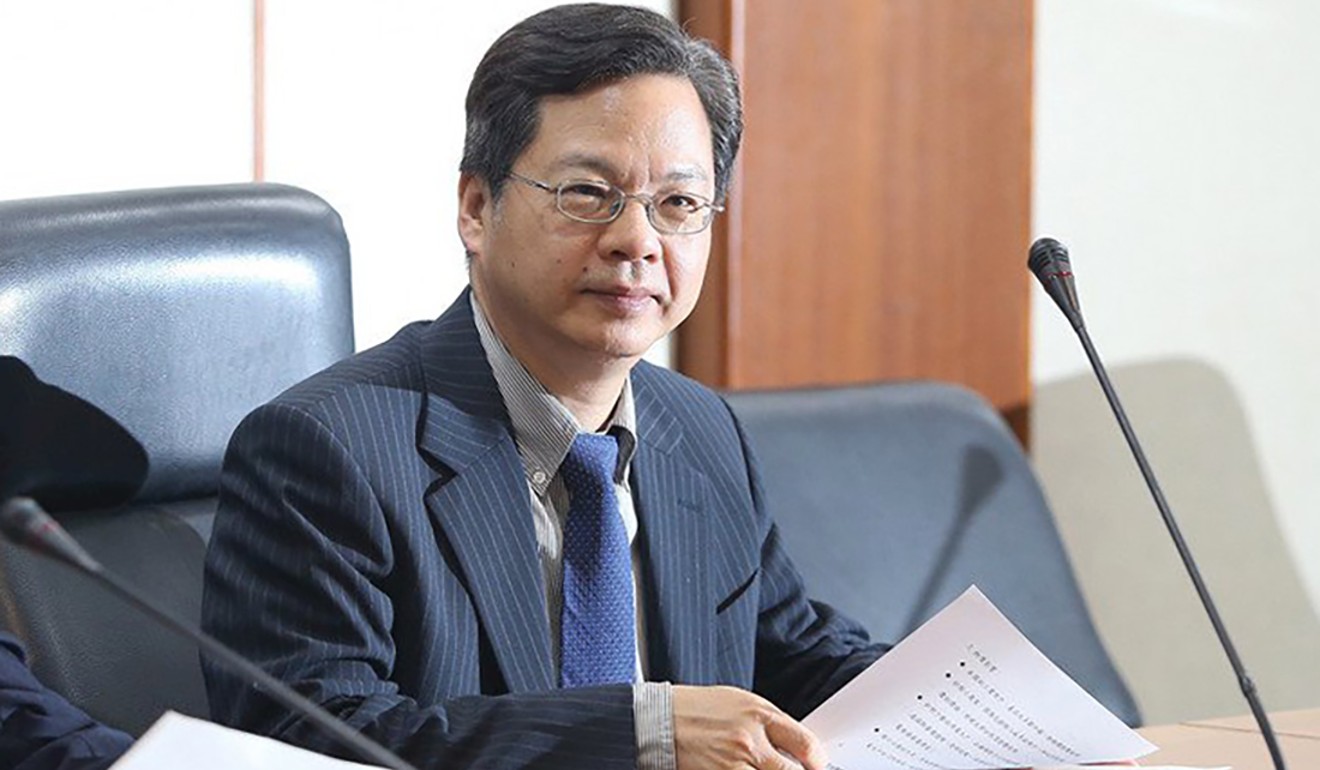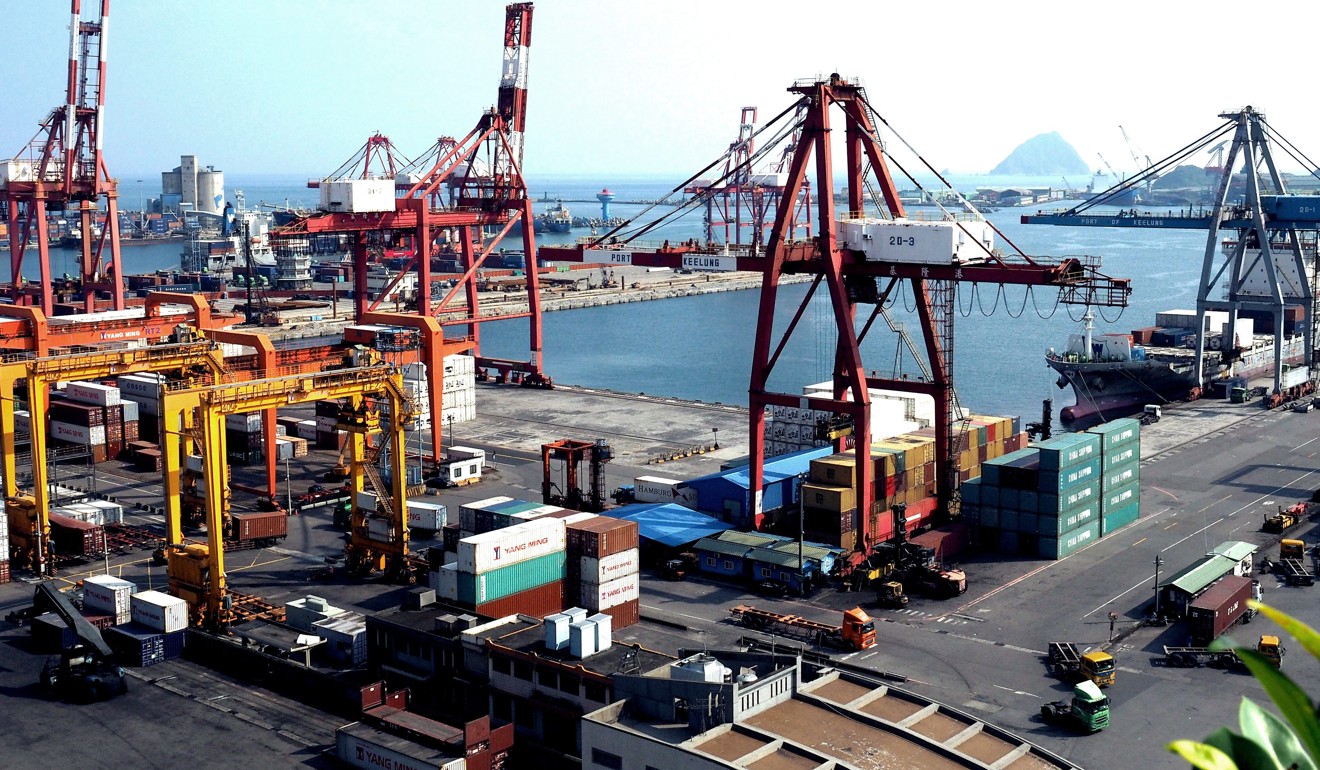
Washington’s silence on Taiwan in trade war talks speaks volumes about desire for deal with Beijing
- Analysts say US move a ‘friendly gesture’ in crucial 90-day period
The omission of a reference to Taiwan in the US statement after weekend talks between the US and Chinese presidents shows Washington is unwilling to rile Beijing with debate over the definition of the one-China policy, Taiwan analysts said.
US President Donald Trump and his Chinese counterpart Xi Jinping ended their talks at the G20 summit in Argentina, with both sides issuing separate statements about their agreement. It includes efforts to try to resolve their key disputes, including trade and intellectual property thefts, in 90 days.
Describing the talks as friendly and candid, Chinese Foreign Minister Wang Yi said on Sunday that the United States would continue to adhere to the one-China policy regarding Taiwan. But the White House’s statement, which detailed points including Beijing’s commitment to largely increase its purchases of American products, said nothing about Taiwan or the one-China policy.
Analysts said Taiwan had long been an issue in talks between Washington and Beijing, which sees the island as a wayward province awaiting reunification, by force if necessary.
Yen Chen-shen, research fellow of American and European studies at National Chengchi University’s Institute of International Relations, said that by not responding to Wang’s comments on the Taiwan issue, Washington was allowing Beijing to give its side of the story uninterrupted in the 90-day period.
“The conspicuous absence of a clear statement from the American side on the one-China policy represents a friendly gesture from Washington in that it opts for a conciliatory atmosphere in which Beijing might be able to really review its trade and other disputes it has with the US,” Yen said.
Beijing has repeatedly demanded that the US cut off military exchanges with Taiwan and not support the island’s pro-independence forces. Washington normally would echo such a stand, but in its own way – that the United States recognises there is only one China, but Beijing does not have sovereignty over Taiwan, analysts said.

Although Washington has found the Taiwan card handy in its dealings with Beijing, Trump refrained from playing it in Argentina.
“Actually, there is tempo in Trump’s strategy,” Wang Jiann-Chyuan, acting president of Chung-Hua Institution for Economic Research, said, adding that the US president knows perfectly well when, how – and if – he should make his move.
Wu Chung-shu, research fellow at the economic institute at Academia Sinica in Taipei, said the talks indicated that Trump wanted a resolution. “[And] the fact that the mainland side has expressed its desire to largely increase its purchase of American items would help ease the global jitters over the trade war,” he said.
Analysts said both Washington and Beijing would continue to play the Taiwan card as it suited them.
“Beijing is able to play the ‘Kuomintang card’ following the nine-in-one local elections, and this would increase its stock in dealing with both Taipei and Washington,” Chao Chun-shan, China affairs expert and retired professor of Tamkang University in Taipei, said.
The mainland-friendly KMT was the big winner in the elections, dealing a blow to the independence-leaning Democratic Progressive Party.
Meanwhile, Taiwan is keeping an eye on how the 90-day truce may affect its economy.

“We need to closely watch if the Chinese mainland’s increase of its purchases of American farm, energy and industrial products will create a crowding out effect on Taiwan’s export orders,” deputy economics minister Kung Ming-hsin said in Taipei on Monday.
Economic officials said Taiwan’s exports to the mainland accounted for 40 per cent of its total, and if Beijing increased its purchases of the kind of American goods that were also produced by Taiwan, the island might suffer.

